17 GPTs for Science Projects Powered by AI for Free of 2025
AI GPTs for Science Projects refer to a specialized use of Generative Pre-trained Transformers in the realm of scientific inquiry and experimentation. These tools are tailored for tasks and topics related to science, leveraging advanced natural language processing to understand, generate, and analyze scientific data. They offer customized solutions for a range of scientific disciplines, enabling users to harness the power of AI for research, data analysis, and problem-solving in science projects. The integration of GPTs in science projects underscores a significant advancement in how scientific research can be conducted, making complex concepts more accessible and fostering innovation.
Top 10 GPTs for Science Projects are: Te hago la tarea,Do My Homework,FaunaAlliance,Homework Helper,Assignment Helper,Science Experiment & Discovery Guide,StudyBuddy GPT,Brain Bash Blasters Worksheets,🔬✨ Science Pal: Experiment Buddy 🧪📚,Bugs
Te hago la tarea
Empowering students with AI-driven academic support.

Do My Homework
Empowering students with AI-driven homework solutions.

FaunaAlliance
Discover Nature's Alliances, AI-Powered
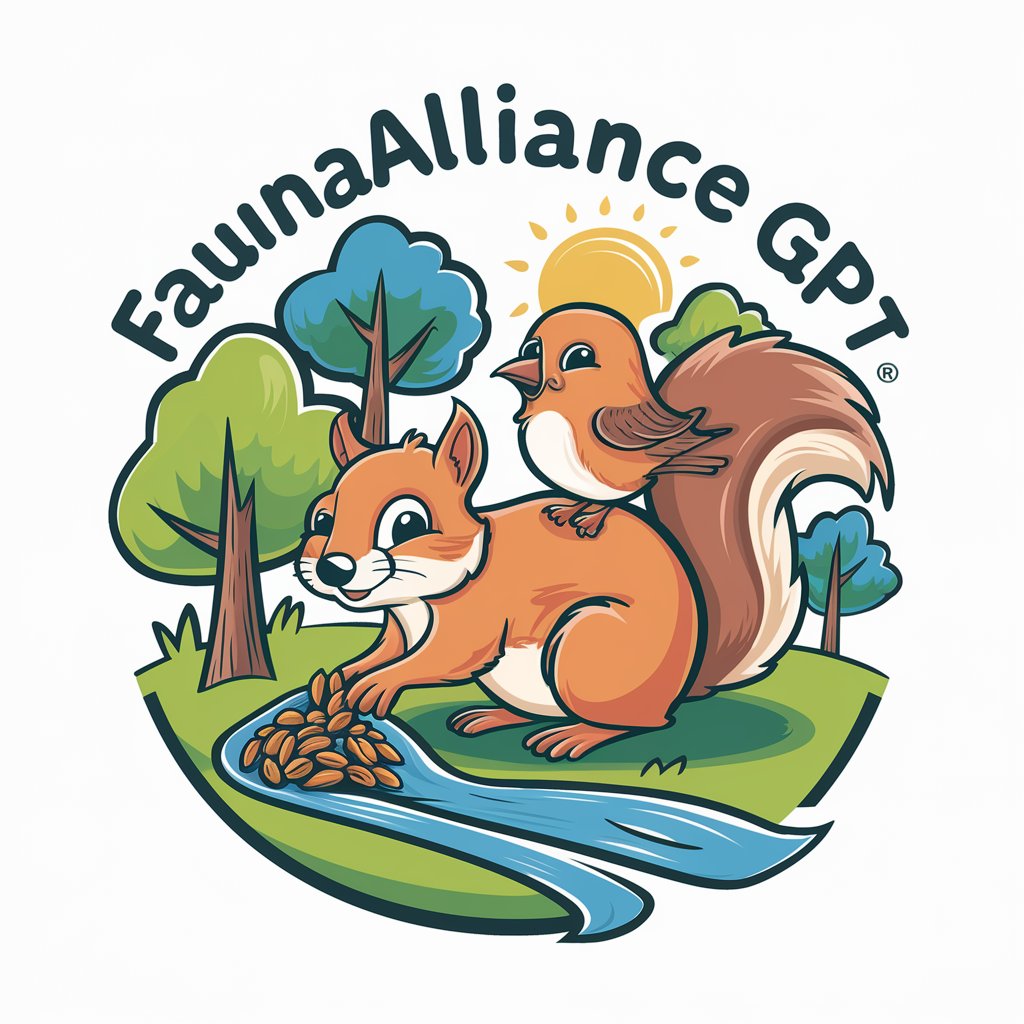
Homework Helper
Empowering learning with AI assistance

Assignment Helper
Empowering Your Learning with AI
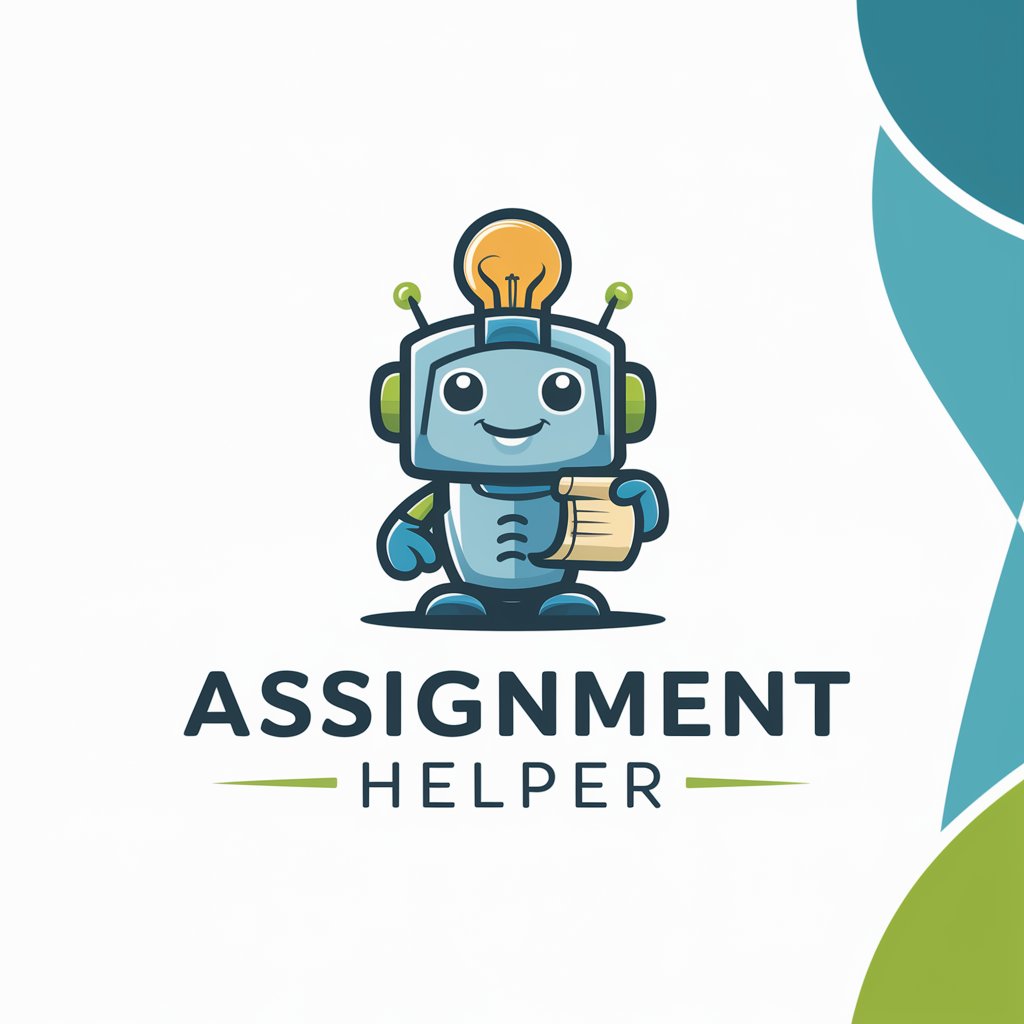
Science Experiment & Discovery Guide
Empowering Discovery with AI
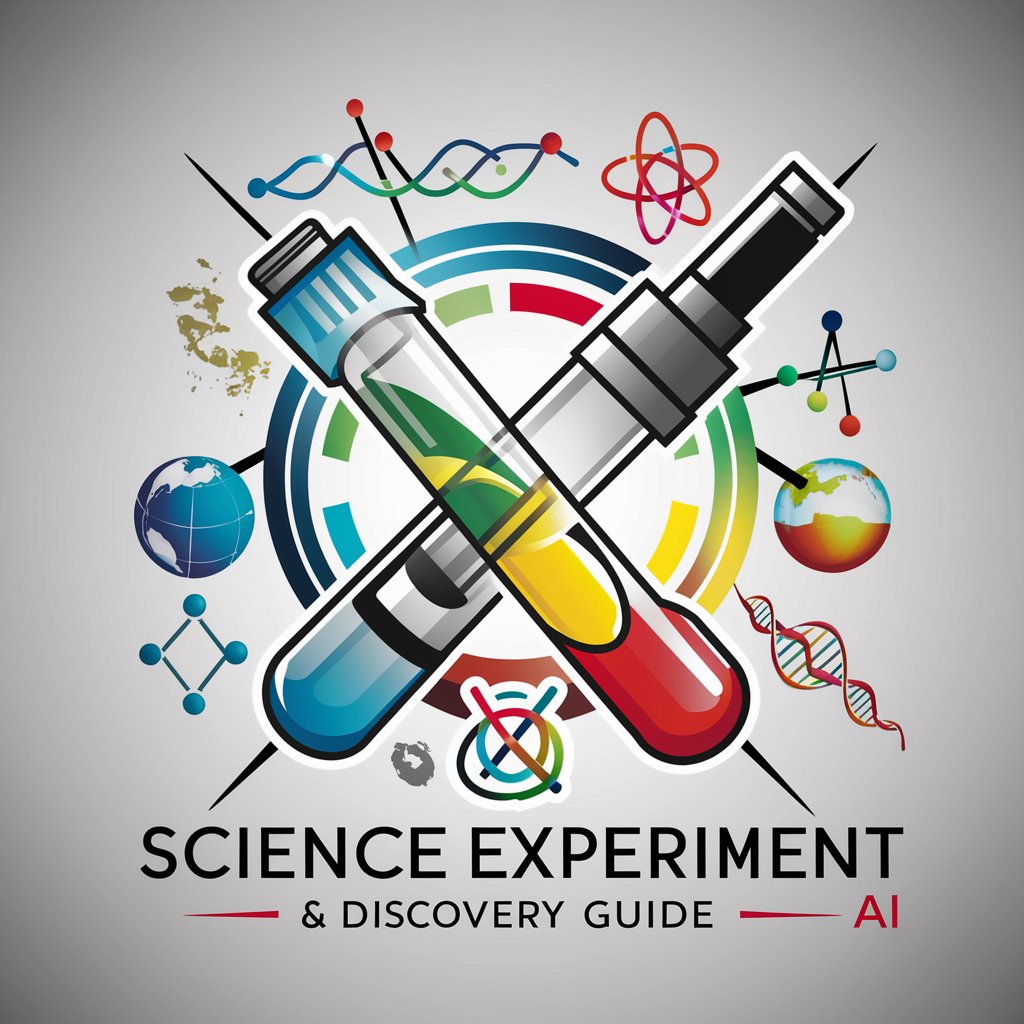
StudyBuddy GPT
Empowering your study journey with AI

Brain Bash Blasters Worksheets
Empowering Learning with AI-Driven Worksheets
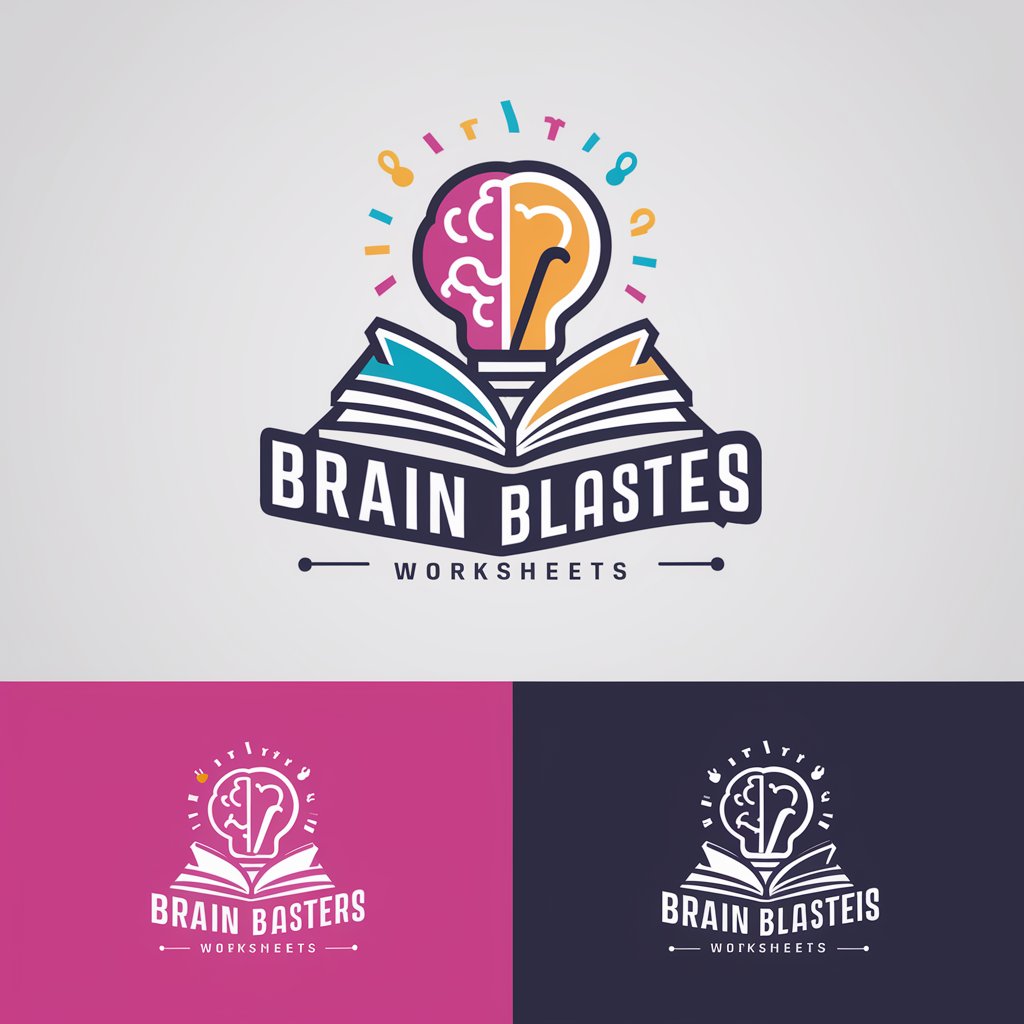
🔬✨ Science Pal: Experiment Buddy 🧪📚
Empowering experimentation with AI
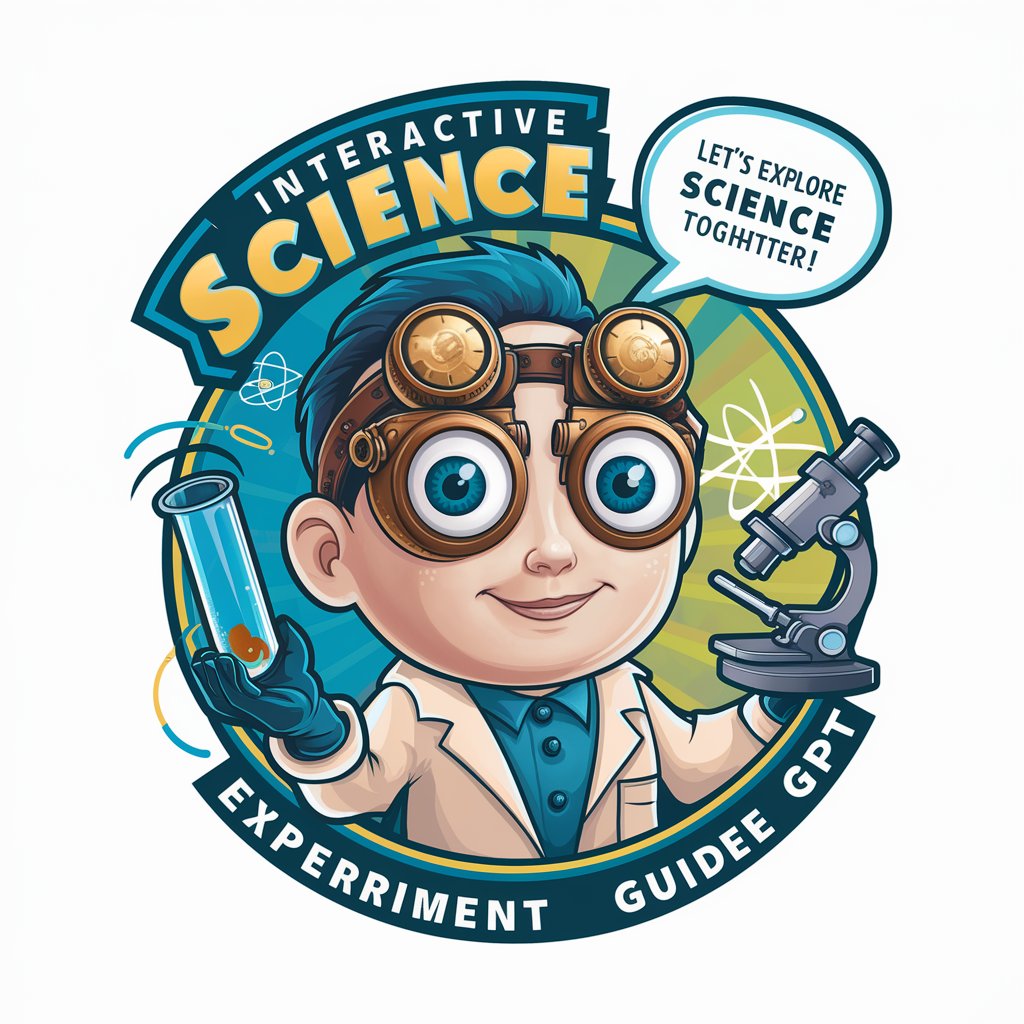
Bugs
Explore the tiny world with AI
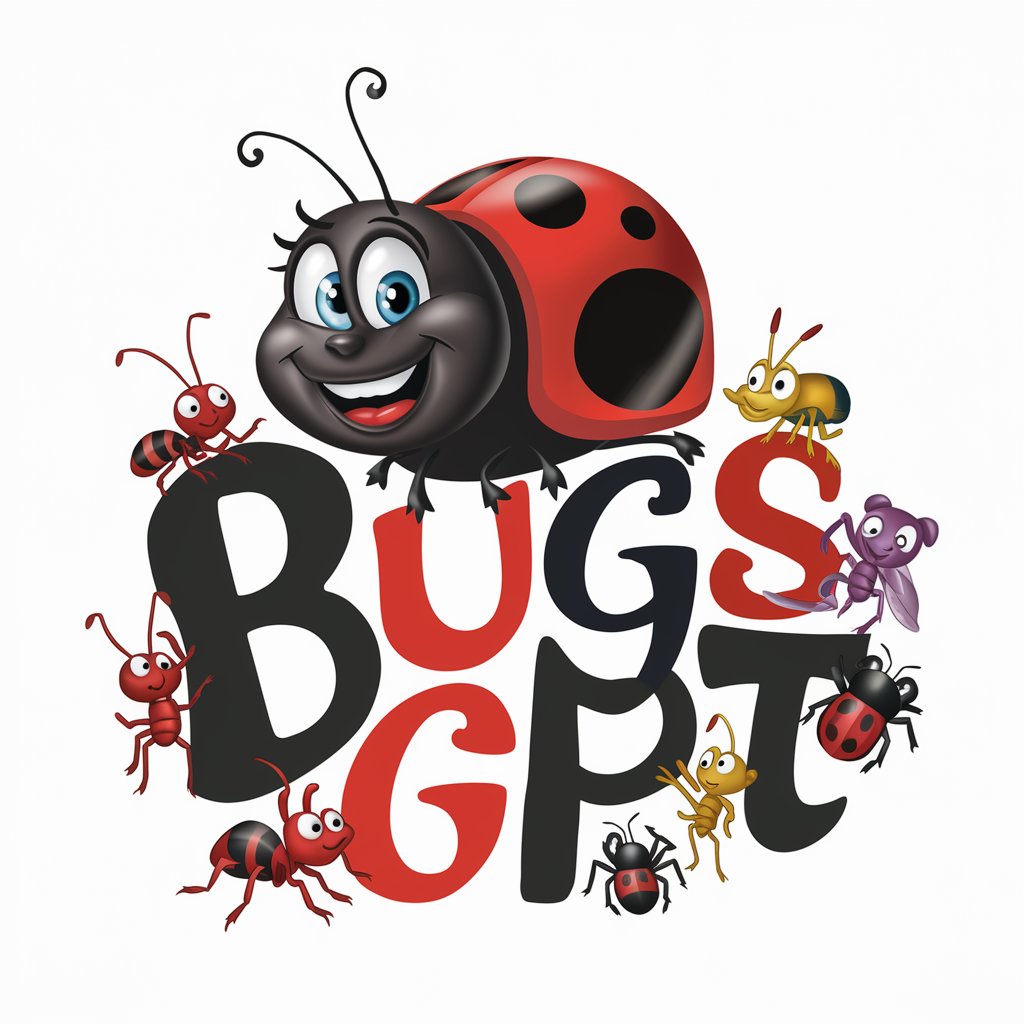
Science Explorer
Empowering Young Minds with AI-Powered Science Exploration

高さを東京タワーに例えます
Scale heights with Tokyo Tower's AI

SciKid Educator
Empowering Education with AI
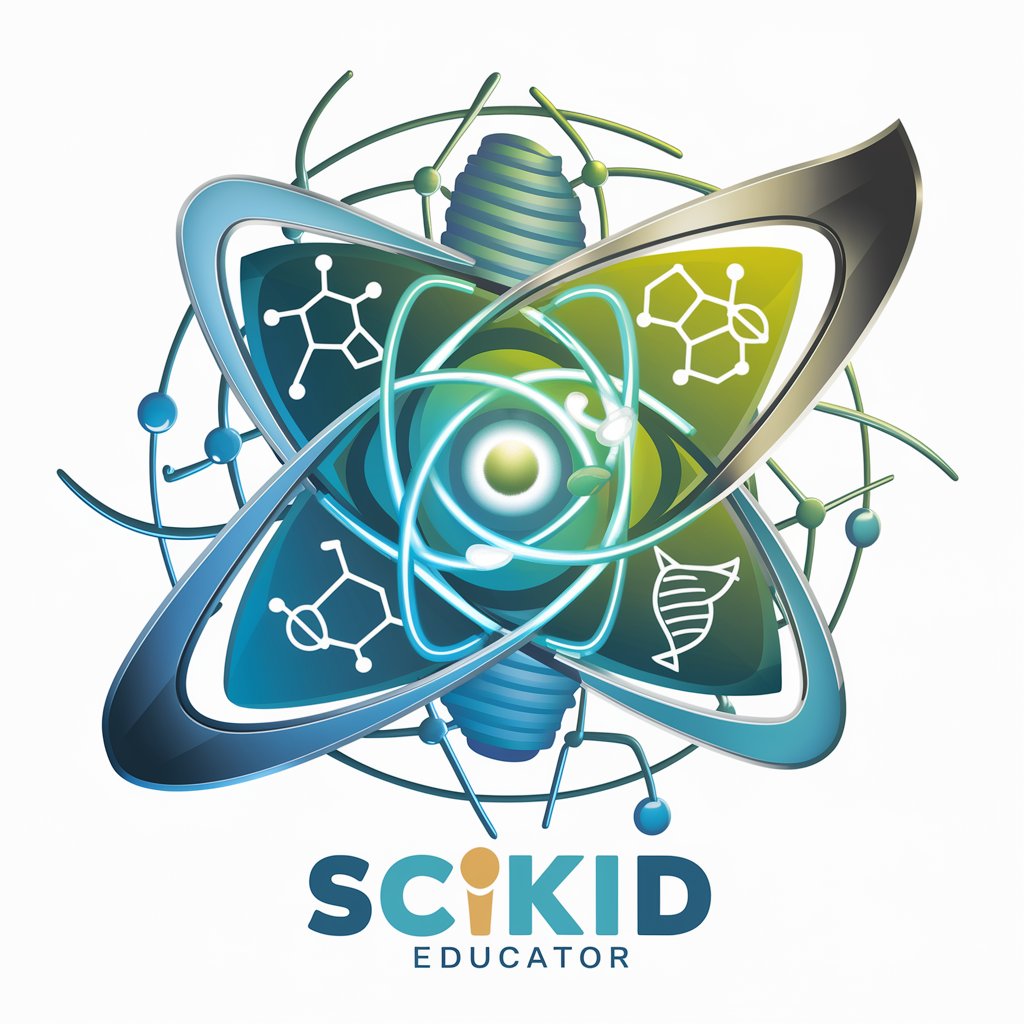
Science Experiment Guide
Igniting Curiosity with AI-Powered Science Experiments
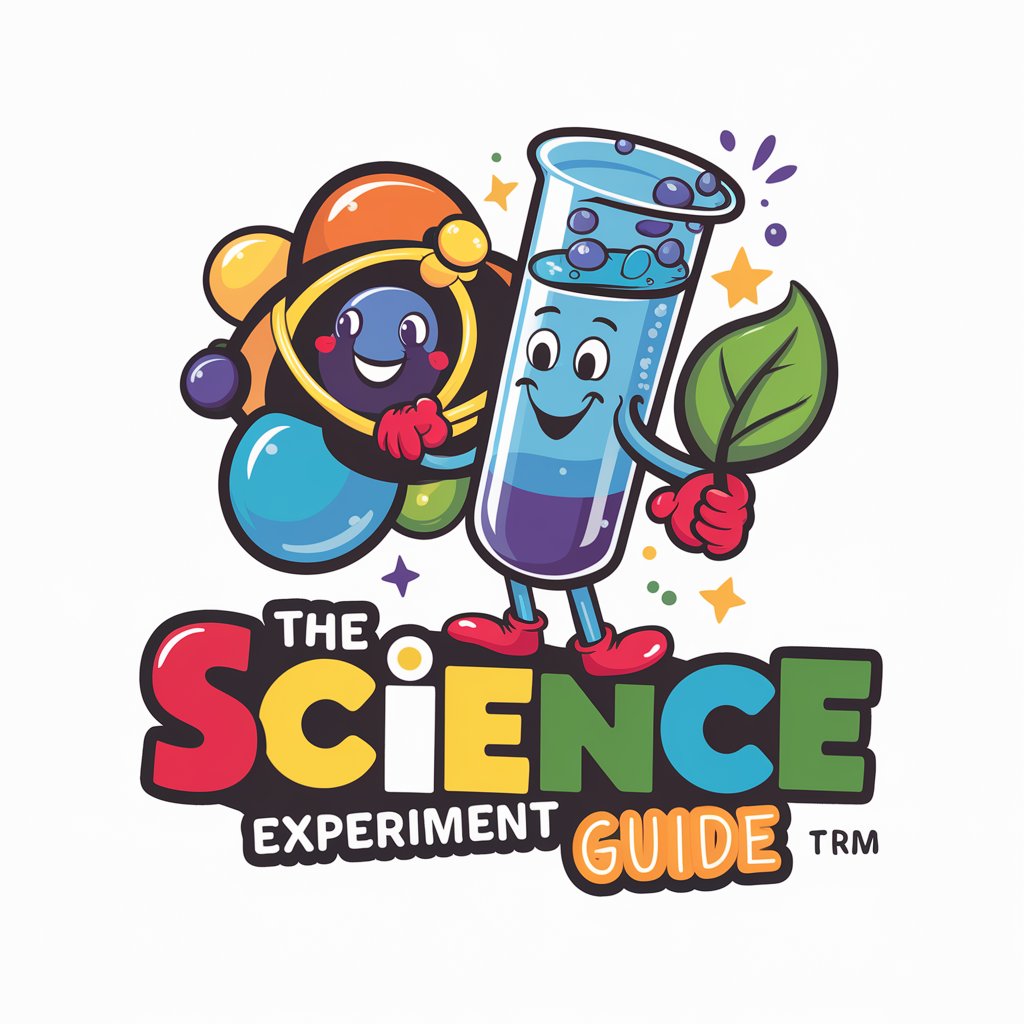
Weight wizard
Precision Weight Measurements, Powered by AI

AI homework helper
Empower Your Learning with AI
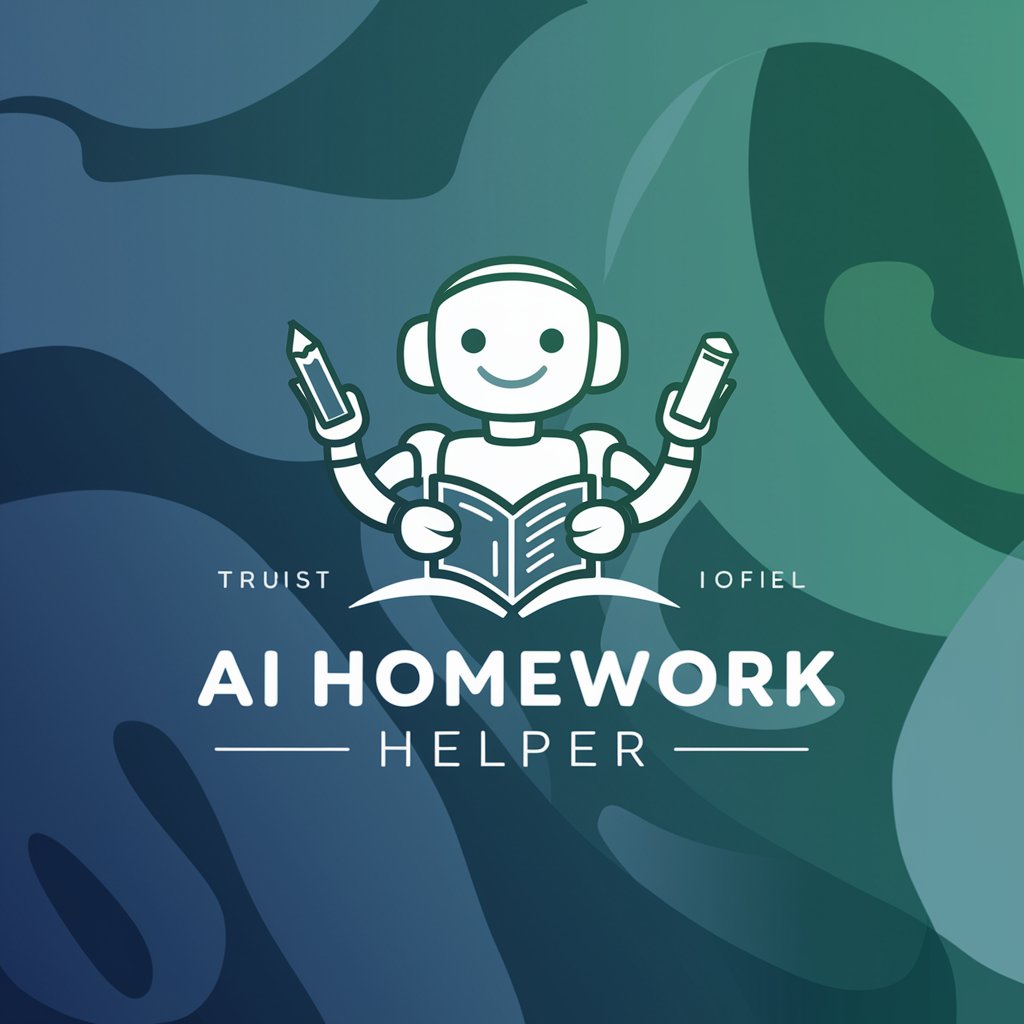
Homework Buddy
Empowering Your Study with AI

Essential Attributes of AI GPTs in Science
AI GPTs designed for science projects are characterized by their adaptability, precision, and capability to process and generate complex scientific data. Key features include natural language understanding and generation, which allow these tools to interpret scientific literature and articulate findings. Advanced data analysis capabilities enable the processing of large datasets, identifying patterns and insights. Specialized functions such as image generation from descriptions and the ability to perform web searches for the latest scientific research further distinguish these tools. Additionally, support for various programming languages and integration with scientific computing environments enhance their utility in diverse scientific domains.
Who Benefits from AI GPTs in Science
The primary beneficiaries of AI GPTs for Science Projects span a wide spectrum, from students and educators in the academic sector to researchers and professionals in scientific industries. These tools are accessible to novices, offering a user-friendly interface for exploring scientific concepts without needing coding skills. Simultaneously, they provide robust customization options for developers and scientists, who can leverage the tools' programming capabilities to conduct advanced research, analyze data, and integrate AI into their existing workflows.
Try Our other AI GPTs tools for Free
Diverse Characters
Explore AI GPT tools for creating inclusive, diverse characters in digital content, designed for creators and developers seeking to enhance representation in their work.
Theme Discovery
Discover the power of AI GPTs for Theme Discovery: specialized tools designed to unveil and analyze themes across texts and datasets, enhancing insights and productivity in research and content creation.
Healthier Choices
Explore how AI GPTs for Healthier Choices revolutionize personal health by offering tailored dietary, fitness, and wellness advice, making it easier for everyone to lead healthier lives.
Historical Plots
Discover how AI GPTs for Historical Plots revolutionize the way we explore, understand, and create historical content, making history accessible and engaging for everyone.
Trivia Facts
Discover the dynamic world of AI GPTs for Trivia Facts, your gateway to tailored, engaging, and informative trivia content across a multitude of topics.
Billing Guidance
Discover the power of AI GPTs for Billing Guidance, your solution for efficient and accurate billing management tailored to your financial needs.
Expanding Horizons with AI GPTs in Science
AI GPTs for Science Projects represent a frontier in the application of artificial intelligence in scientific research. Their ability to understand and generate scientific content, combined with advanced data analysis and visualization tools, opens new pathways for exploration and discovery. These AI models offer a user-friendly interface that democratizes access to complex scientific analysis, making them an invaluable resource for educators, students, and researchers alike.
Frequently Asked Questions
What are AI GPTs for Science Projects?
AI GPTs for Science Projects are advanced AI tools tailored to support scientific research and experimentation, offering capabilities like natural language processing, data analysis, and more.
How do AI GPTs benefit scientific research?
They streamline data analysis, enhance research efficiency, and provide new insights by processing complex datasets and generating coherent outputs from scientific texts.
Can non-experts use these AI GPTs tools effectively?
Yes, these tools are designed with user-friendly interfaces that allow non-experts to conduct scientific inquiries and understand complex concepts without programming knowledge.
Are there customization options for experienced developers?
Absolutely. Developers can utilize APIs and programming interfaces to customize functions, integrate with other software, and conduct advanced analyses.
What makes AI GPTs unique in handling science projects?
Their ability to process and generate scientific content accurately, support for data analysis, and specialized features like image generation and web searching for research.
How do these tools integrate with existing scientific workflows?
They offer APIs and support for programming languages, making it easy to incorporate them into existing systems and workflows for seamless integration.
Can AI GPTs generate scientific images?
Yes, some versions are equipped with capabilities to generate images based on scientific descriptions, aiding in visualization and research documentation.
How up-to-date is the information provided by AI GPTs for science?
AI GPTs can perform web searches to fetch the latest scientific research and data, ensuring users have access to the most current information.